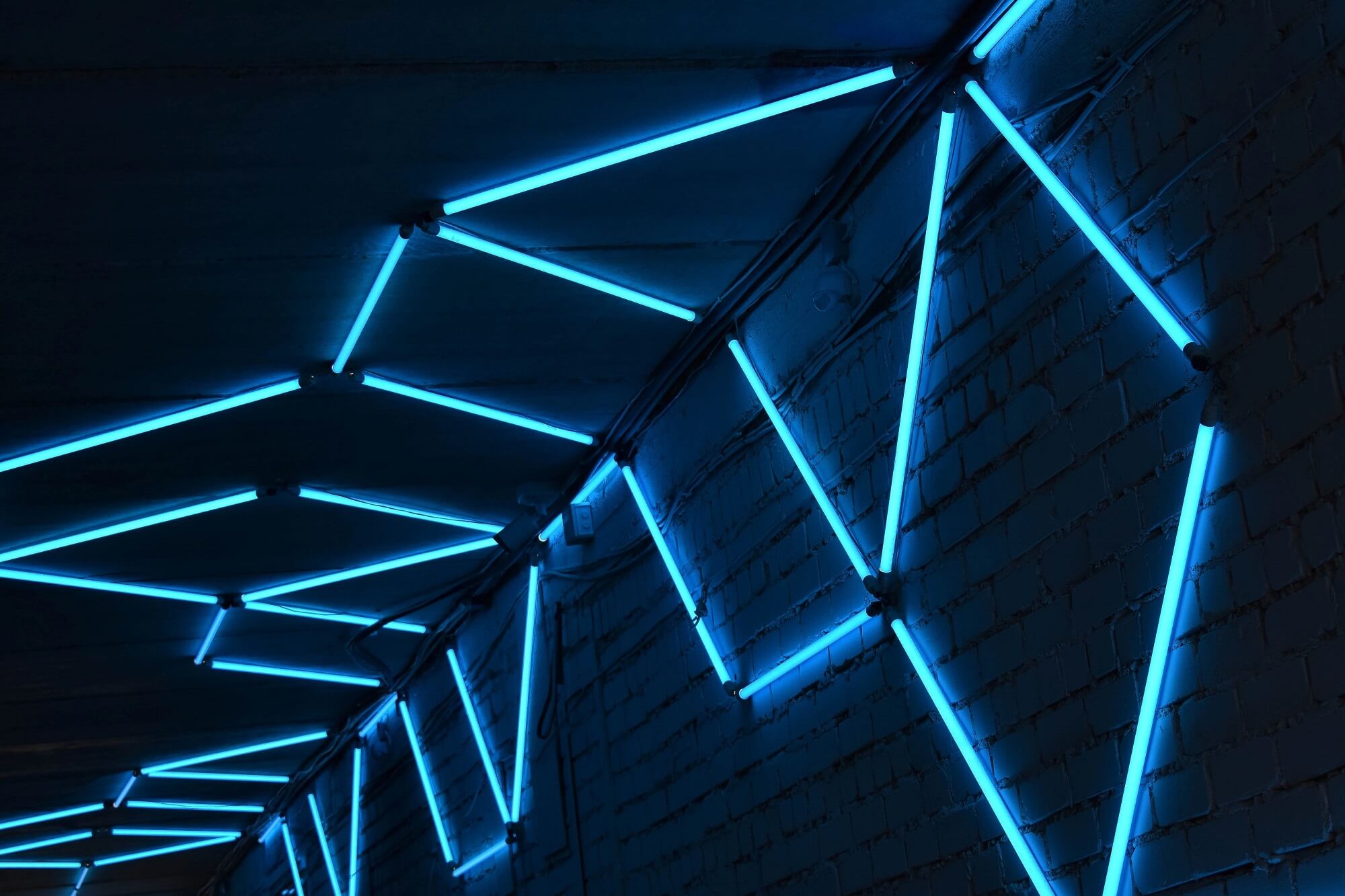Our Blog

Subscribe to our blog
Search
When it comes to illuminated signage and wayfinding solutions, sooner or later most business owners will be faced with the neon vs LED debate. Both options have pros and cons that you need to be aware of to make the best decision for your business.

What Are Neon Lights?
Neon lights get their name from the small amounts of neon gas they contain. Neon gas atoms collide against each other when they receive electric voltage, and this activity produces a great deal of energy and heat, which materialises into a distinctive reddish-orange glow.
Lighting manufacturers can mix neon with other gases to create other striking colours. For example, you may have seen bright green or yellow neon signs in advertising. These are created by filling the glass tubes with krypton gas. Other gases glow in vivid blue or pink shades, and you can expand the range of colours available by mixing different gases.
It’s also possible to coat the glass tubes with some chemicals that produce different colours when the light is activated.
What Are The Benefits of Using Neon Lights?
Neon lights have been traditionally used for signage, advertising, and decoration in outdoor environments. The bright colours and clear light make them a great choice for different kinds of lighting projects. Some of their benefits are:
- A long life, since they last approximately 10,000 hours.
- A variety of operating ranges in terms of temperature, power sources, and voltage.
- Low energy use. Neon signs are more energy efficient than fluorescent signs, as their energy consumption is up to 50% lower.
What Are The Benefits of Using LED Lights?
LED lights are a great alternative to their traditional neon counterparts. They can replicate the eye-catching effect of glass neon lights but do so more efficiently.
It’s not surprising that LED neon-effect signs are becoming increasingly popular in commercial applications, as their versatility and cost efficiency are very appealing factors. Some of their key benefits include:
- They’re safer than regular neon lights, as LED lights don’t need to get as hot as neon lights to produce bright light. This means that you can handle them safely without any risk of burns.
- Their striking brightness will get your everyone’s attention, even in broad daylight.
- They have a longer lifespan of approximately 50,000 hours.
- LED lights have an acrylic enclosure, so you don’t have to worry about fragile glass tubes breaking. This is an added safety bonus in facilities with heavy foot traffic, such as hospitals and retail venues.
LED vs Neon Lights: Which One Should You Choose?
If you’re looking for a cost efficient, eye-catching and environmentally friendly digital signage option, LED signs could be just right for you.
● LED signage consumes less power than neon lighting, helping you reduce energy bills.
● You can change the colour or the intensity and effect of an LED sign, which isn’t possible when using glass neon lights.
● Acrylic is more mouldable than glass, so LED signage can replicate logos and corporate design more accurately.
Next Steps
To enjoy the benefits of high-impact bespoke LED signage, get in touch with Image Technique, the digital signage experts.
Image Source: Unsplash

